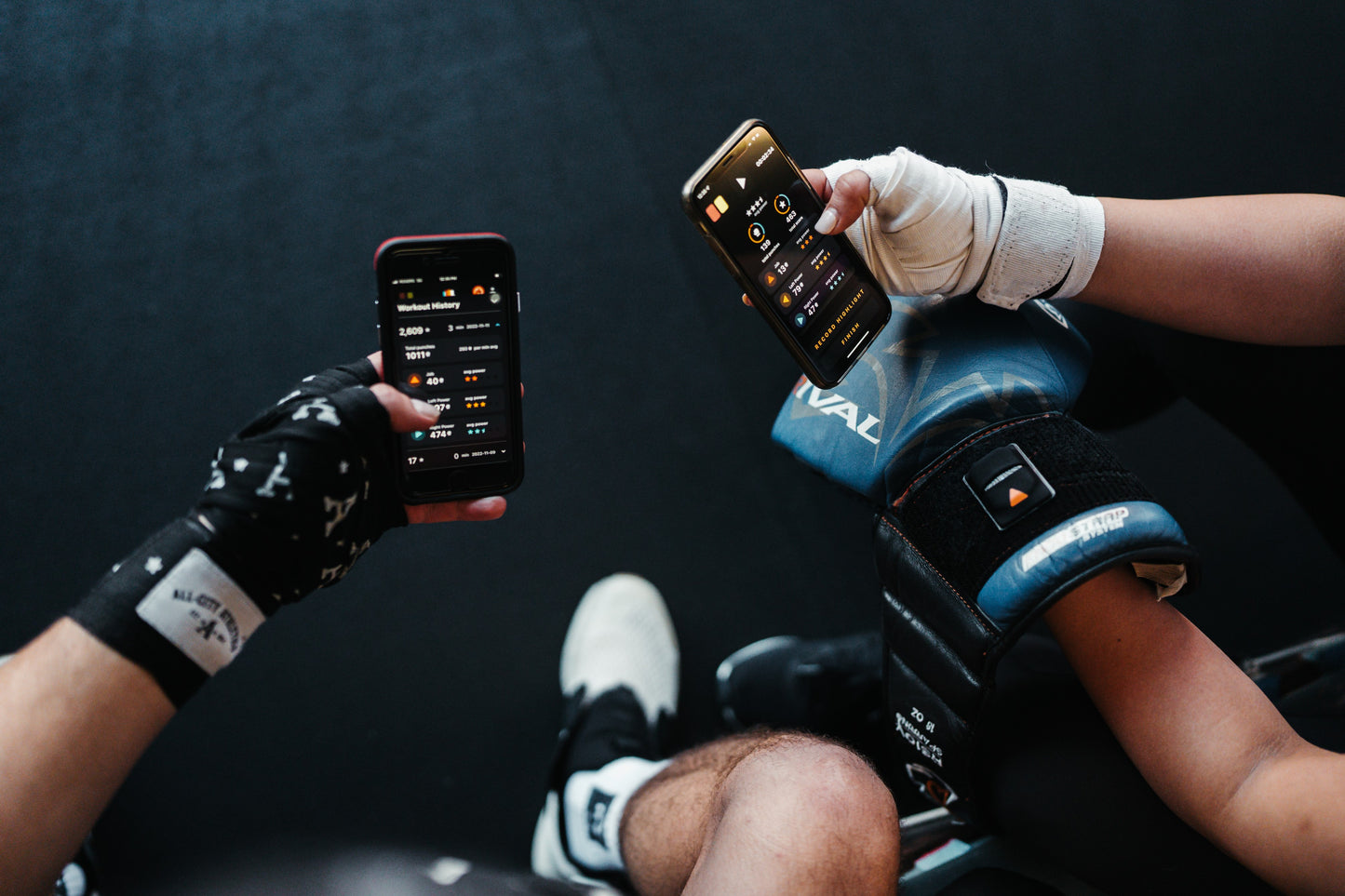Boxing transcends borders and is embraced in diverse cultures worldwide, each infusing the sport with its own traditions, techniques, and significance. From ancient rituals to modern adaptations, boxing reflects the values and aspirations of different societies. Let's delve into how boxing is viewed and practiced across various cultures, uncovering unique traditions and training methods that shape this dynamic sport.
Traditional Boxing Practices
In many cultures, boxing has deep-rooted traditions that date back centuries. For example, in Thailand, Muay Thai (Thai boxing) blends martial arts with cultural rituals, incorporating music and ceremonial dance before bouts. Similarly, in Japan, Sumo wrestling combines elements of boxing with Shinto rituals, emphasizing spiritual purification and respect for opponents.
Cultural Significance
Boxing often holds symbolic significance in cultural narratives. In Cuba, boxing is revered as a national sport, producing world-class athletes celebrated for their technical prowess and resilience. In the Philippines, boxing icon Manny Pacquiao embodies national pride and unity, transcending sports to become a symbol of hope and resilience.
Training Methods and Techniques
Training methods vary widely across cultures, reflecting diverse approaches to physical conditioning and strategy. In the United States, boxing training emphasizes speed, agility, and strategic planning, with a focus on developing powerful punches and defensive skills. Contrastingly, in Eastern Europe, boxing training often emphasizes endurance and tactical precision, producing fighters known for their disciplined approach and strategic thinking in the ring.
Modern Adaptations and Global Influence
In recent decades, boxing has evolved into a global phenomenon, influencing cultural exchange and innovation in training methods. The rise of mixed martial arts (MMA) has integrated boxing techniques with other combat disciplines, creating hybrid training approaches that blend traditional practices with modern sports science.
Conclusion
Boxing's universal appeal lies in its ability to adapt and resonate with diverse cultures worldwide. Whether through ancient rituals, national pride, or innovative training methods, boxing continues to captivate and inspire communities across the globe. By exploring the rich tapestry of traditions and techniques that define boxing in different cultures, we gain a deeper appreciation for the sport's enduring legacy and its profound impact on global sporting culture.
Let us know what you think on Instagram @powaboxing














